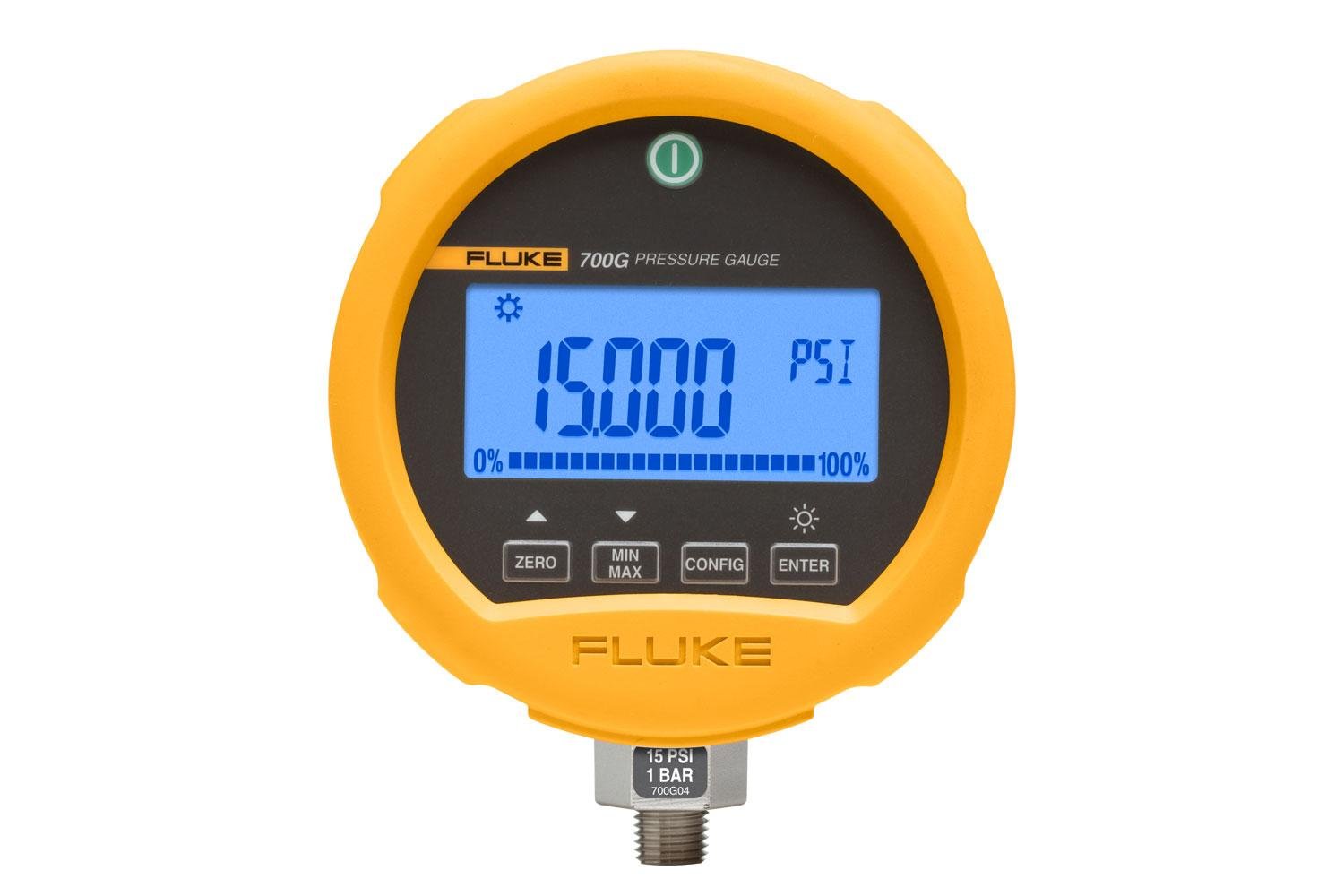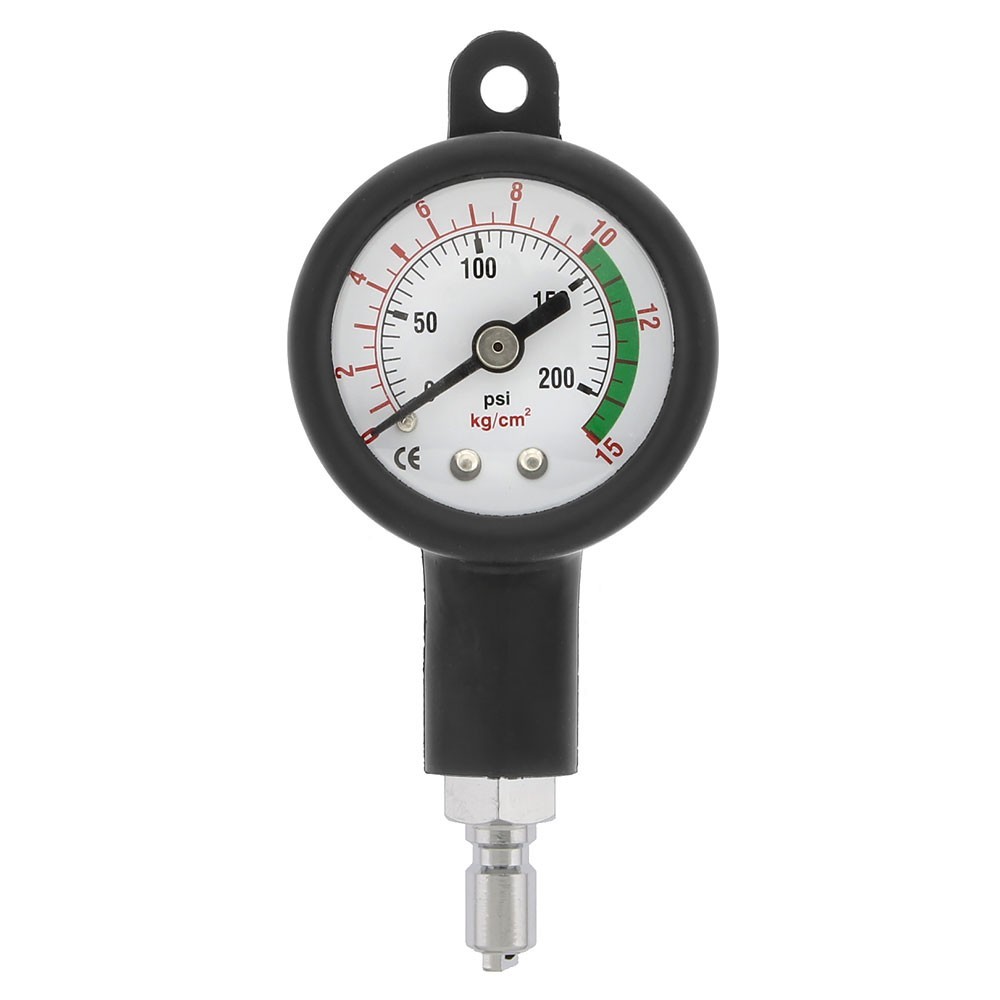What do you use to validate your IP gauges?
I have a discarded chinese digital tire-gauge that I modified to use a BCD Schrader connection.
Now I am pondering what kind of failure modes do these gauges have and should there be validation/calibration?
I.e. how common would it be for a gauge to become e.g. 10% off?
I have a discarded chinese digital tire-gauge that I modified to use a BCD Schrader connection.
Now I am pondering what kind of failure modes do these gauges have and should there be validation/calibration?
I.e. how common would it be for a gauge to become e.g. 10% off?





